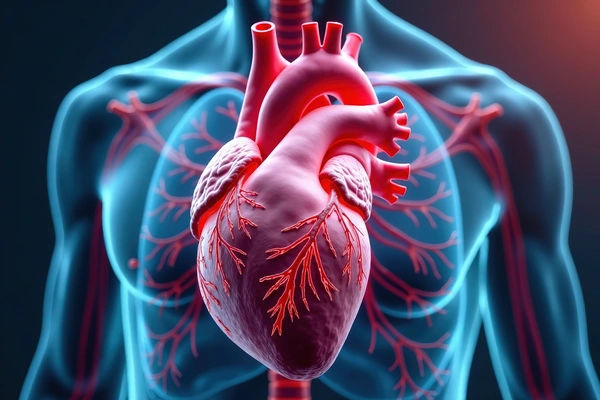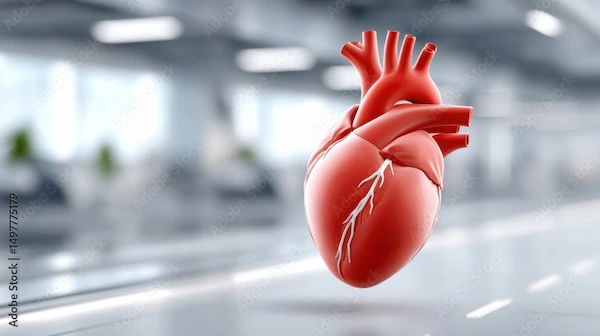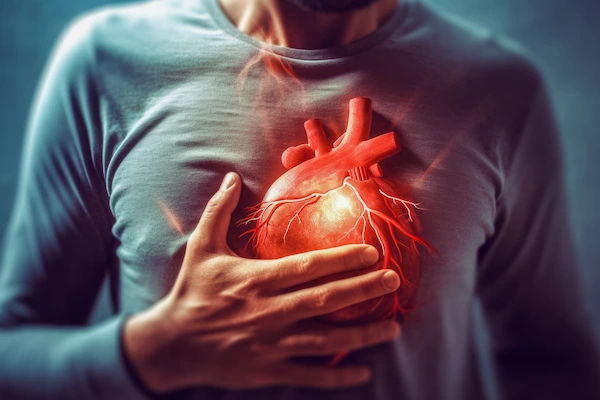- male
- 69 Years
- 22/01/2025
My dad, who's 69, got really bad chest pains about five days ago and the ECG showed he had a heart attack. They did an angiography too and found there's blockage in three arteriesone's at 90 percent, another at 70, and the last one at 50 percent. The doctor said he needs surgery. I'm really worried and wanted to get your opinion on this. Is surgery the only option, and what kind of risks are we looking at? Are there any alternatives or additional things we should consider?
More Cardiology Health Queries
View allCan someone actually survive a blood pressure reading of 250 over 150 for a couple of hours? And what's the highest blood pressure our blood vessels can handle before it becomes too dangerous?
A blood pressure of 250150 is extremely high and can be life-threatening. Sustained high blood pressure can lead to serious complications such as stroke, heart attack, or kidney failure. It is important to seek immediate medical attention if you or someone else is experiencing such high blood pressure. The maximum blood pressure that blood vessels can typically withstand is around 220120. Beyond this range, the blood vessels are at risk of damage and the organs may not receive adequate blood supply. It is crucial to keep blood pressure within normal limits to maintain good health and prevent complications.
Answered by 1 Apollo Doctors
I recently got my ECG done just as a routine check-up, and it came back with a note saying 'suspect anteroseptal myocardial infarction.' What exactly does this mean, and should I be worried about it?
suspect anteroseptal myocardial infarction on your ECG means there may be a heart attack in the front part of the heart. You may need to take medications like Aspirin 75mg once daily, Clopidogrel 75mg once daily, and Atorvastatin 40mg once daily to prevent further complications. It is important to follow up with a cardiologist for further evaluation and management."
Answered by 1 Apollo Doctors
I was recently diagnosed with sinus tachycardia before my laparoscopic surgery and I'm a bit concerned should I be worried about this? The doctors mentioned it during my pre-op tests but didn't go into much detail. Is this something serious or just a temporary thing?
In most cases, sinus tachycardia is not life-threatening and does not need to be treated. If an underlying condition is causing your sinus tachycardia, it needs to be treated. Treatments for sinus tachycardia include: Lifestyle changes
Answered by 1 Apollo Doctors
Disclaimer: Answers on Apollo 247 are not intended to replace your doctor advice. Always seek help of a professional doctor in case of an medical emergency or ailment.






